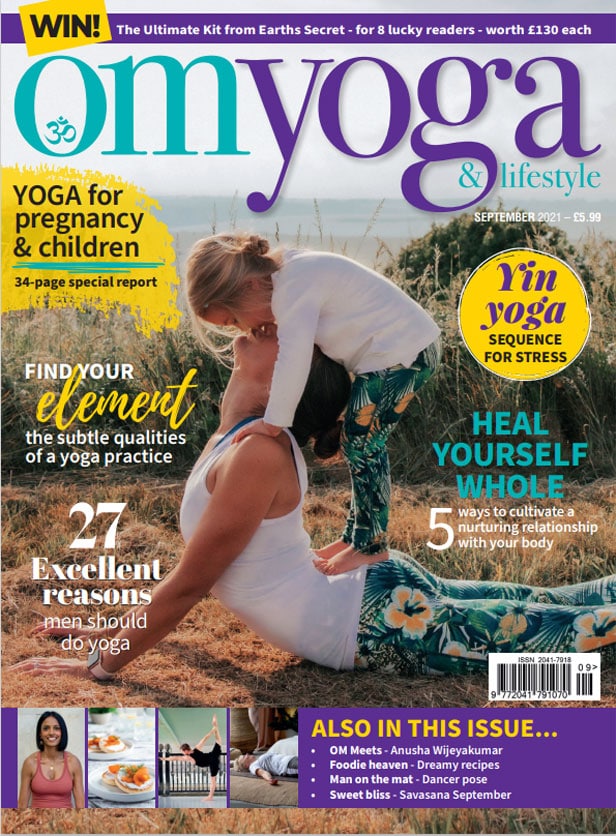
Know your teacher
How much do you really know your yoga teacher? By Melissa Albarran
Chances are you find yoga classes by heading to your local studio’s website and choosing a slot that: (a) sounds interesting and (b) fits with your schedule. Or, if you’re going online, you Google search yoga classes for (xyz) and see what comes up. It is unlikely you spend a great deal of time looking into the teacher’s experience. After all, if they say they’re a yoga teacher, they must be a qualified teacher - right?
Not quite.
Unlike other more ‘traditional’ careers, teaching yoga isn’t a regulated profession, which quite frankly, enables anyone to call themselves a yoga teacher. It is quite a scary fact when you think about it. You could be practicing under someone who has no training experience whatsoever and be none the wiser.
Fortunately, Yoga Alliance Professionals, one of the UK’s leading professional bodies for yoga teachers and trainers, has created a number of badges to visually represent a teacher’s training, qualifications and level of experience. ‘Experienced Teacher’, ‘Specialist Teacher’ and ‘Teacher Trainer’ are just some of the badges you will see identifying a teacher’s level. These badges are a way of filtering out those who have completed a reputable training course that meets a minimum standard, from others who have not.
Does this really matter?
If recent reports on the rise of yoga-related injuries are to go by, yes. When taught correctly, yoga is a virtually innocuous practice. However, when taught by under-experienced (and potentially over-ambitious) teachers, there is a risk of injury.
We don’t often associate yoga with pain or injury, but pushing the body too hard too often will result in discomfort and potentially long-term damage.
We’ve all been there: whether it’s going too low while attempting to do the splits, or turning too far in a seated twist only to find ourselves aching the next day. For the most part, a stiff back is the worst it gets — but in some cases, more serious harm can be done.
An adept yoga teacher should know when to stop you from going past your limits and gradually guide you through the position, offering modifications to support your practice where needed.
If you are anything like me, when you’re in a class you want to know that you’re in safe, confident hands, that your teacher knows the postures in and out. If you are nursing an existing injury, you want your teacher to offer a variation that will not add to the pain (trust me). This is where knowing your instructor’s experience, training and qualifications becomes so very important.
When choosing a yoga class it’s wise to do some research beforehand. See what organisations the teacher is part of and what qualifications they have: are they relevant? After all, you wouldn’t go to a chiropractor for a sprained ankle, yet a surprising number of students will expect a yin yoga teacher to instruct a power class! If you want yoga for a specific condition, you need to do some groundwork. Read up on the teacher’s experience, education and specialisms; nowadays there are a variety of nifty logos showcasing all you need to know to choose wisely.
I practice yoga because I love it, and I am guessing you do too. Opting for a fully-trained, committed yoga teacher with the right experience and know-how is a small step to ensure this practice that has given us so much retains its value and meaning.
If you want a qualified, professional, dedicated teacher I would keep your eyes peeled for those little indicators that tell you who they really are.
Melissa Albarran is the marketing and PR specialist at Yoga Alliance Professionals. Visit: yogaallianceprofessionals.org




